Early Learning and Development Standards (ELDS) Exploration Webinar Series
Explore the 5 ELDS core areas and find ECE Resource Hub strategies to foster learning in each area
Virginia’s Early Learning and Development Standards (ELDS), Birth-5 Learning Guidelines articulate the skills and knowledge children need to demonstrate by the end of preschool in order to be successful in kindergarten. The standards are intended to help early childhood educators understand the basics of child development, implement effective classroom activities, and engage in high-quality teacher child interactions as measured by Virginia’s quality measurement and improvement system, VQB5.
The ELDS Exploration webinars help early childhood professionals become familiar with each developmental area, explore resources, and learn strategies that support implementation. To learn more, visit Virginia Department of Education’s (VDOE) Early Childhood Standards & Instructional Supports. You can also view the VDOE’s ELDS Overview, Structure, and Implementation Refresher 2024.
Webinars
AREA ONE
Approaches to Learning
Approaches to Play and Learning is all about the skills and habits that young children need to engage in learning. These include curiosity, initiative, creativity, imagination, and cognitive and behavioral self-regulation. Learn how you can support these skills and help young children develop a love of learning.

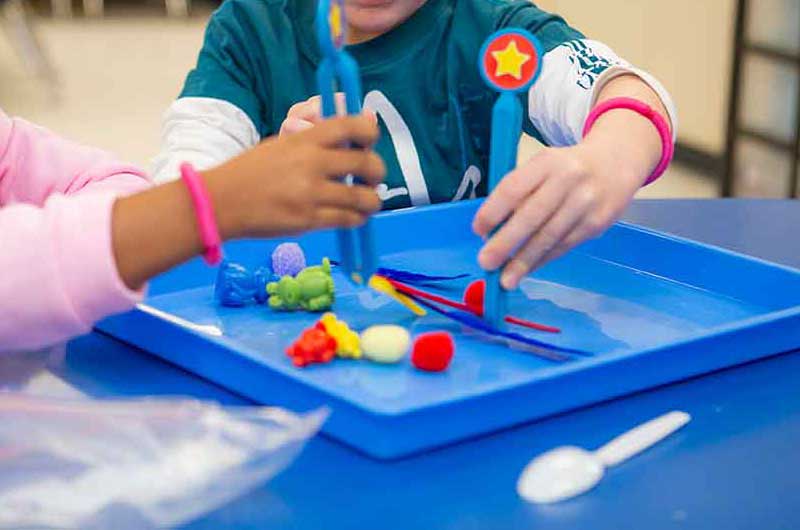
AREA TWO
Social Emotional Development
Early care and education settings are social places where children begin to develop ideas about themselves and how they relate to other children and adults. Social and emotional skills allow children to successfully participate in the learning environment and set a strong foundation for developing positive relationships with others. Learn how you can foster these critical skills in positive, caring, and responsive ways.

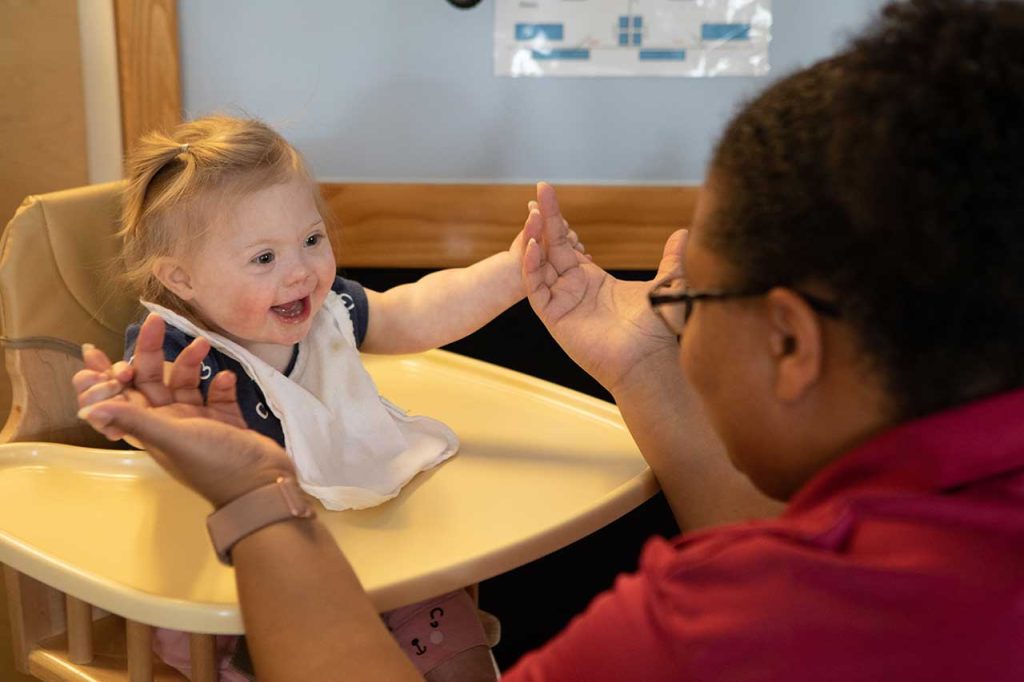
AREA THREE
Communication, Language, and Literacy Development
Children have diverse backgrounds when it comes to their communication, language and literacy development, yet all children benefit from opportunities to explore how to create meaning and express themselves using letters, sounds, and words. Learn how you can provide individual learning and development support as you build children’s foundation in language, communication, and emergent literacy.

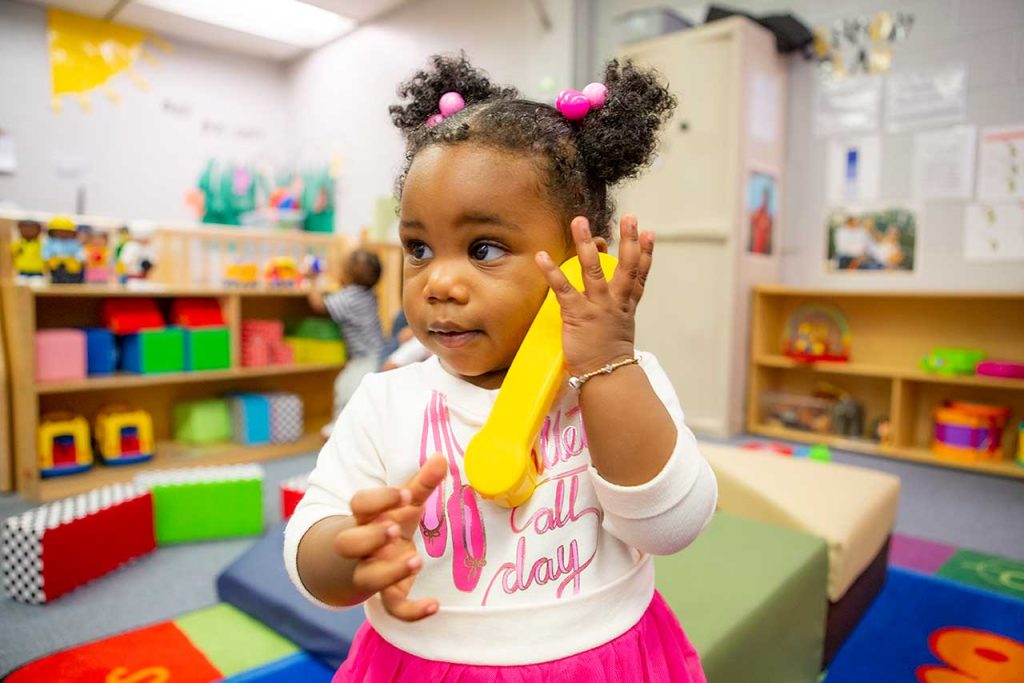
AREA FOUR
Health and Physical Development
Young children are developing their large muscle motor movements, refining their small muscle strength and coordination, and participating in routines of self-care, health, safety, rest, and physical activity. Explore ways you can support learning through the senses and foster children’s motor skills, physical health, and self-care.

AREA FIVE
Cognitive Development
Children develop their cognitive skills through their early observations and their experiences with different environments. Many of young children’s behaviors are their way of figuring out how the world works as they experiment with objects and in social situations. Learn how you can create a learning environment that support children’s abilities to question, explore, describe, predict and share their thinking.
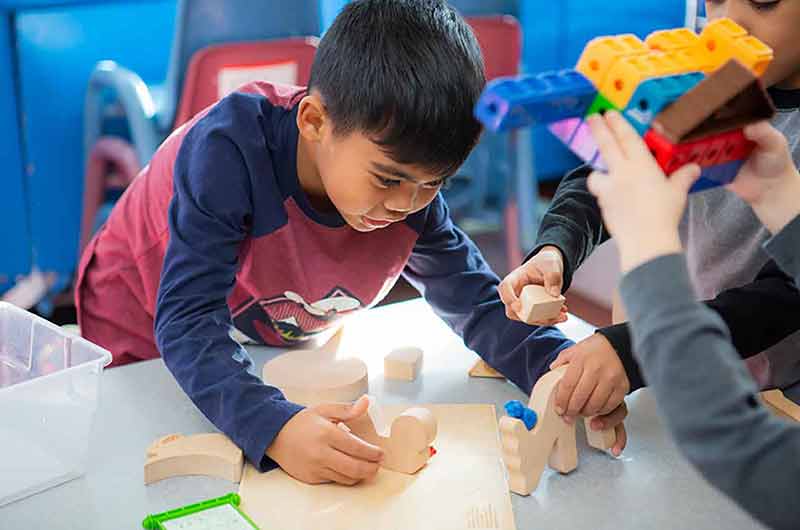
ELDS and ECE Resource Hub Crosswalk
The Hub is proud to support Virginia educators, leaders, and learners. See how our content on the Hub integrates into all five of the ELDS core areas with our crosswalk.
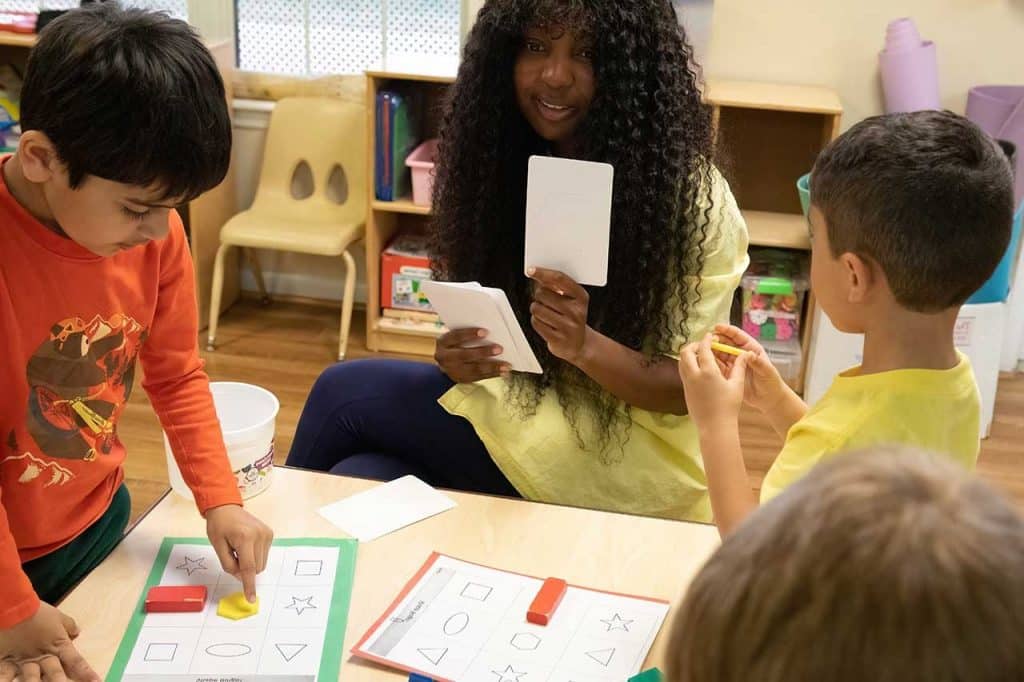
The Early Learning and Development Standards (ELDS) Exploration Webinar Series is created by the The Virginia Department of Education in partnership with the University of Virgina’s ECE Resource Hub.

